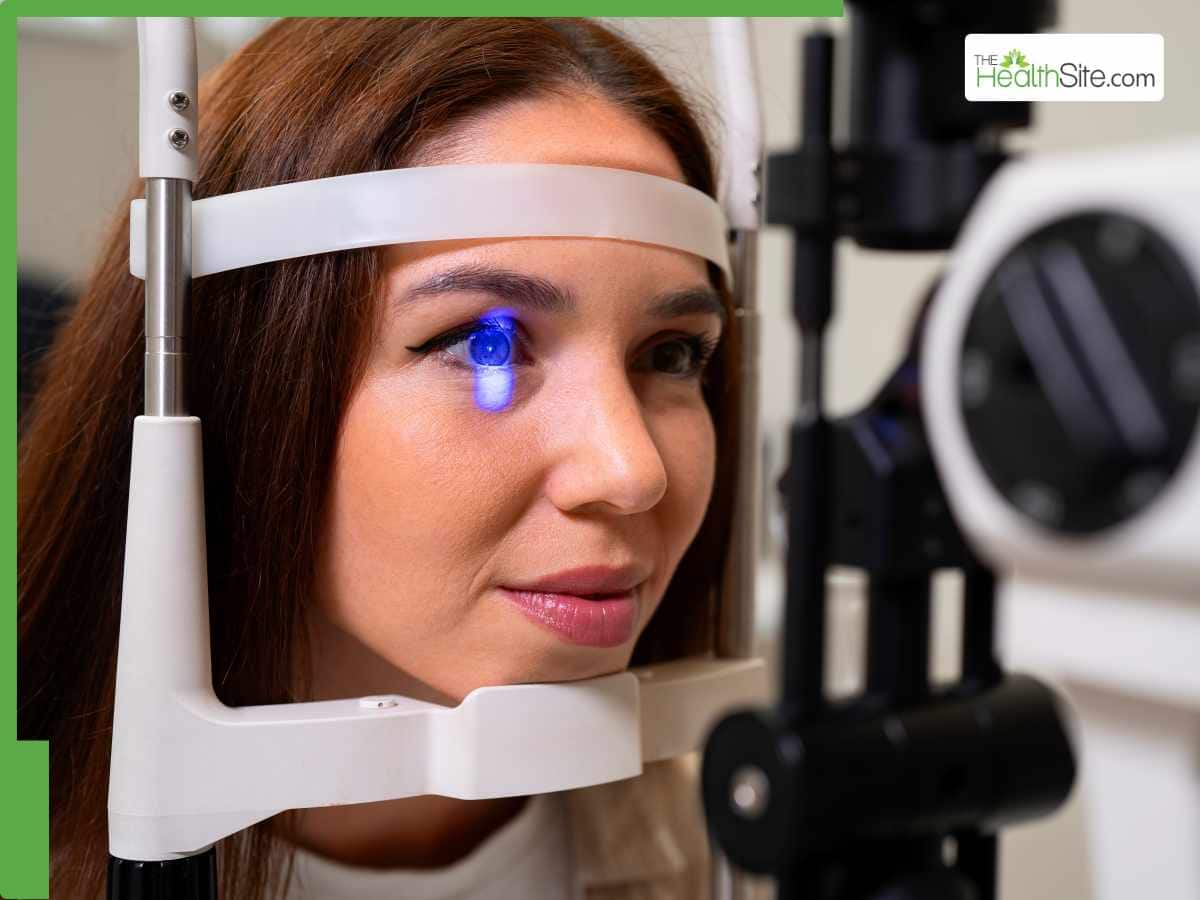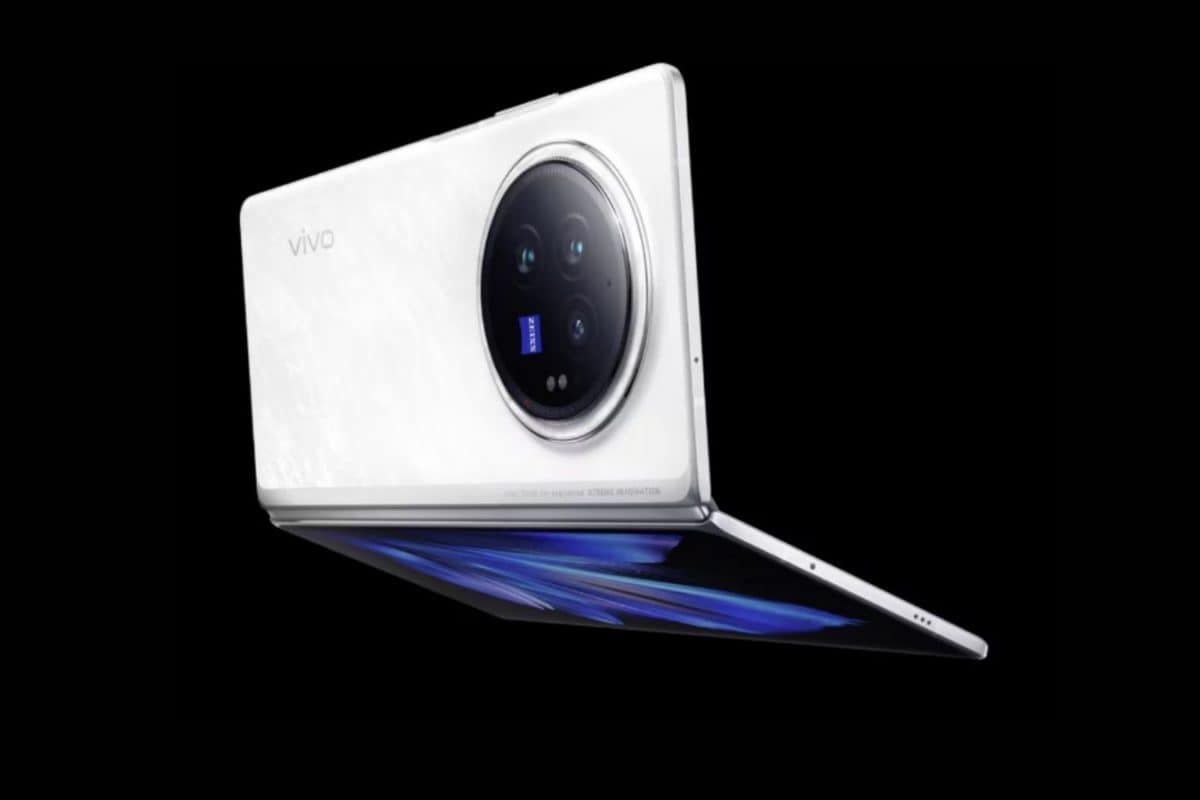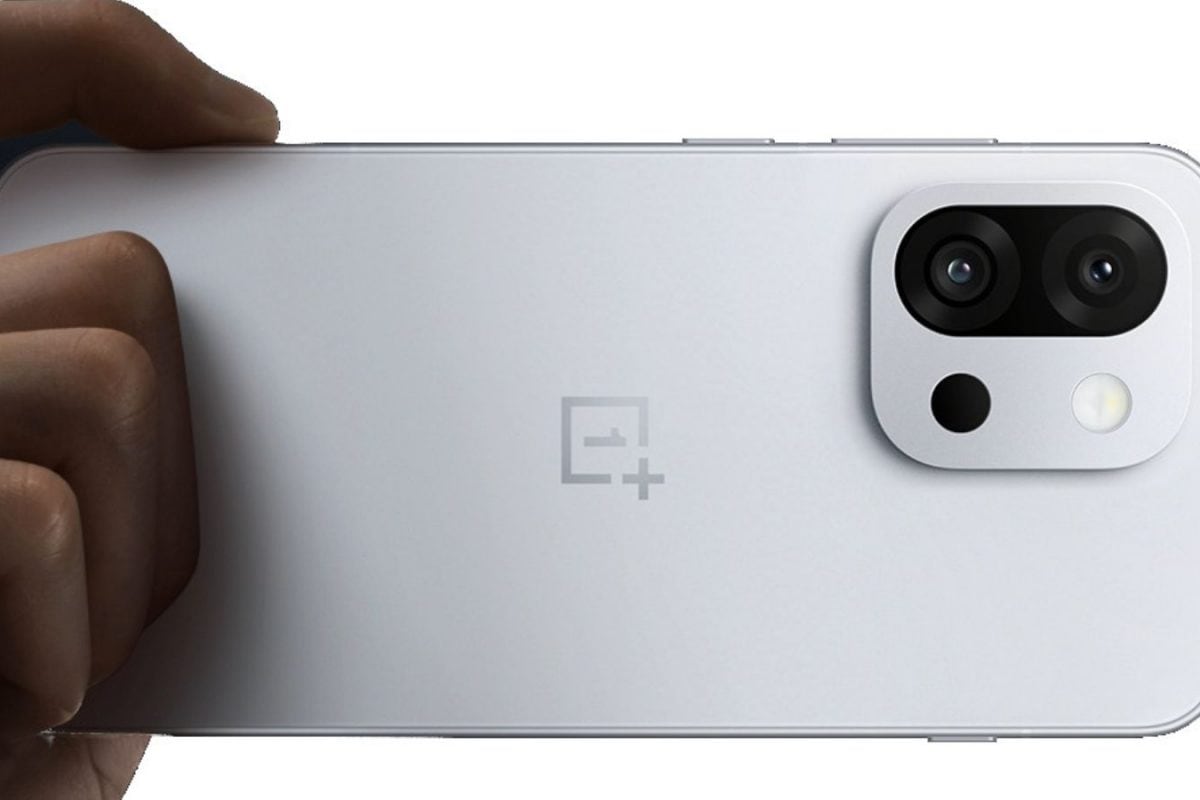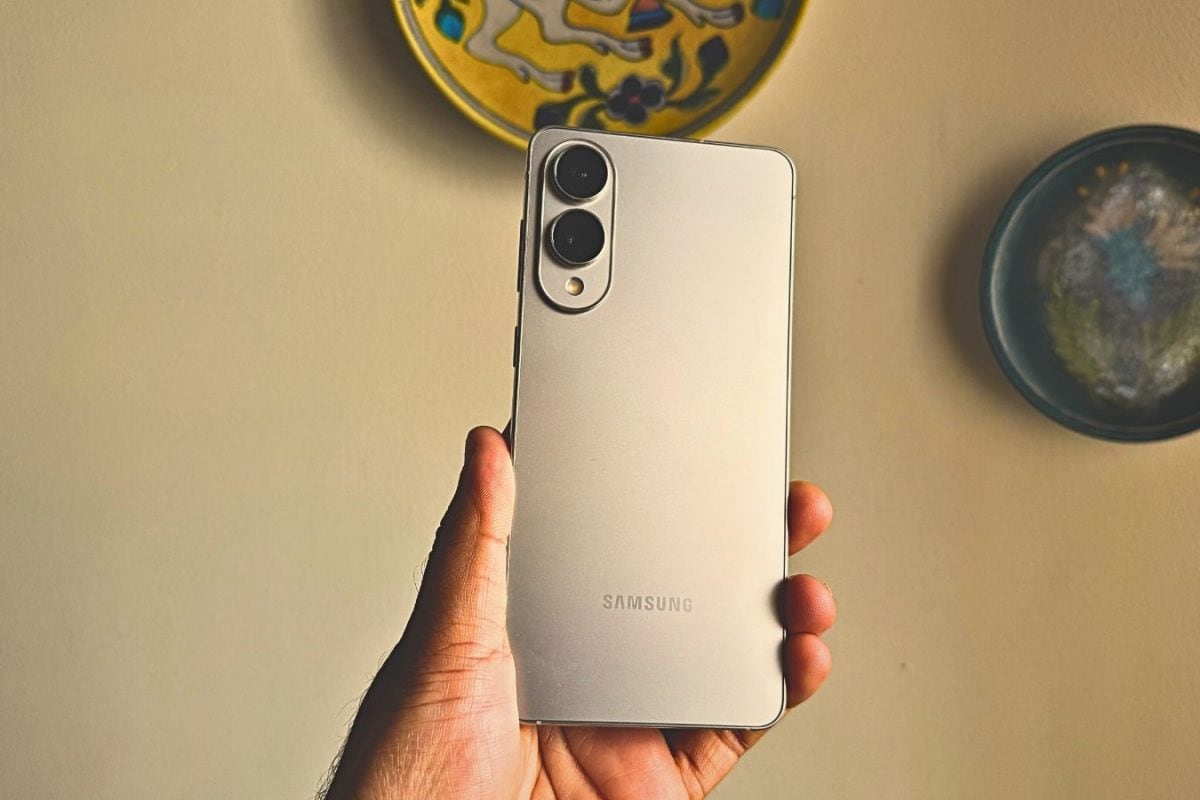Cataract Surgery For Diabetics: Here’s What You Need To Know About The Choice Of Lens
The secret to a successful cataract surgery in diabetics lies in making informed decisions. Instead of being influenced by trends or advertising, patients must make their long-term vision and retinal health a priority, says a doctor.

Cataract surgeries have become quite common these days, which is why it is important to take care of the eyes on a regular basis, and go for eye health screenings. But, what does cataract surgery look like for diabetics? Are there special pre-surgery requirements that they have to meet? What about the recovery period post surgery? There are a few dos and don’ts to follow for patients undergoing eye surgeries, especially cataract. In this article, we look at what diabetics need to know about cataract surgery.
Doctors inform us that cataracts are an inevitable part of growing old. But, cataract cases are also increasing among young people. For individuals with diabetes, however, planning a cataract surgery is more than making an appointment.
According to Dr Shrutika Junagade Kankariya, a cataract surgeon and retina specialist at Asian Eye Hospital, Pune, diabetics and their eye doctors need to make a very important decision: that of selecting the proper intraocular lens (IOL), which will affect vision in the long term.
“…particularly, if diabetes has already compromised the retina. Diabetics need to be careful, and personalised in their choice of lens implant, especially if they have been living with the condition for many years,” the doctor states.
Diabetes And Eye Health
Dr Shrutika goes on to explain that diabetes can harm the small blood vessels in the retina — a condition known as ‘diabetic retinopathy’. It can cause macular edema, bleeding, or even blindness!
“Some lenses, in these instances, can actually increase visual disturbance through contrast sensitivity loss or glare, and are less acceptable in even slightly-changed retinas. Lens selection in diabetic eyes, therefore, needs to be customised. The diabetic eye requires lenses that complement, instead of stressing, the retina. Lens selection must never be rushed,” the doctor guides.
Best Lens For Diabetics
According to the doctor, monofocal IOLs remain the safest and most effective option for most diabetic patients. These lenses, she states, can provide a clear vision at a single distance, and offer ‘excellent optical clarity without compromising contrast’. “While reading glasses may still be required, monofocal lenses are unlikely to cause glare or halos, and are generally well tolerated even in patients with early retinal changes.”
Conversely, high-end lenses like multifocal and trifocal IOLs — designed to minimise glass dependency by accommodating several distances — are usually discouraged for diabetics, says the doctor, adding that ‘unwanted’ side effects like glare, halos, and diminished nighttime vision may be introduced by these lenses.
“If the retina is already damaged, such results can be disappointing or even incapacitating. A judicious evaluation is essential prior to opting for these premium lenses.”
Other Lens Options
The doctor explains that a newer group of lenses, known as extended depth of focus (EDOF), are being considered for their capability to offer a broader field of clear vision while maintaining contrast.
“For stable diabetic patients with healthy retinas and no evidence of retinopathy, EDOF lenses can potentially deliver a spectacle-reduced existence without the side-effects normally connected with trifocal lenses,” opines Dr Shrutika. “But, proper retinal screening is essential prior to selecting this type of lens.”
Precautions Prior To Cataract Surgery
Diabetic patients must take certain precautions prior to their cataract surgery. These include:
- Having a thorough retinal assessment, specifically an OCT scan of the macula;
- Maintaining good blood sugar levels prior to, and following surgery;
- Having an in-depth consultation regarding lens options with their eye doctor.
The doctor concludes by saying that for people with diabetes, the ideal lens is sometimes the safest lens. “…a customised one, backed by the surgeon’s skill and the patient’s condition of the eye.”
What's Your Reaction?



































































